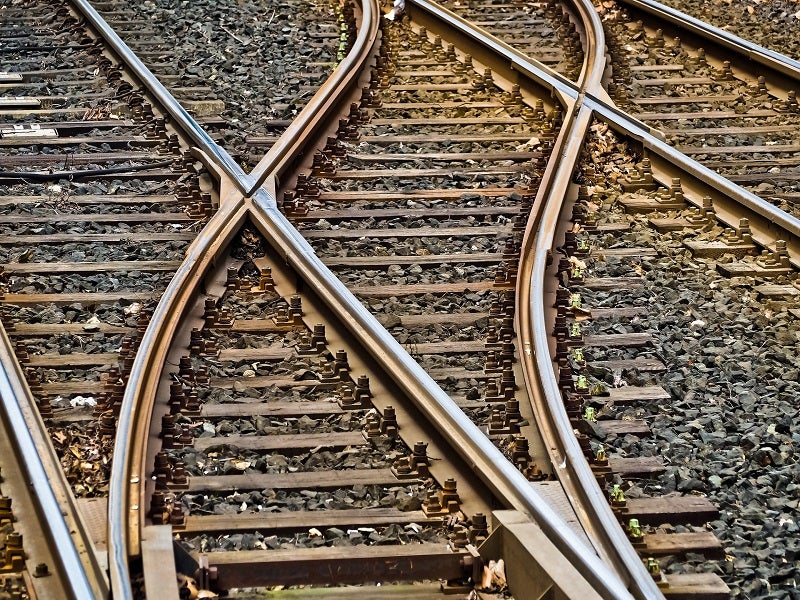
Auckland One Rail (AOR) in New Zealand has taken over as the new operator of the city’s commuter rail services, replacing Transdev that has been serving as the operator since 2004.
In August last year, Auckland Transport (AT) awarded a contract to AOR to run rail services in the city from 2022.
AOR, a joint venture comprising ComfortDelGro Transit (CDGT) and UGL Rail, won the contract after an international tender.
For the first eight years, it will receive $88.60m (NZD130m) per year for operating the services.
This new pact is expected to support ‘better integration in all aspects of operations’.
It covers the acquisition of additional electric trains over the upcoming few years, rail investment of $4.77bn (NZD7bn) for the City Rail Link as well as the electrification of the rail line between Pukekohe and Papakura.

US Tariffs are shifting - will you react or anticipate?
Don’t let policy changes catch you off guard. Stay proactive with real-time data and expert analysis.
By GlobalDataAs per the contract, AOR will be in charge of the train operations, electric train maintenance, station operations, upkeep and security.
Transdev Auckland employees have been retained on their existing terms.
AT CEO Shane Ellison said: “With one organisation now responsible for the day-to-day operation of our passenger rail network we’ll see better accountability and responsiveness on the issues which matter most to passengers.
“It’s also exciting that AOR will open a new train maintenance facility for train overhauls in South Auckland, with a strong focus on helping local Māori and Pasifika communities into trades and engineering apprenticeships.”
This contract has been granted under AT’s ongoing plan to expand the region’s rail services, which has recorded a 10-times growth between 2000 and 2020.



